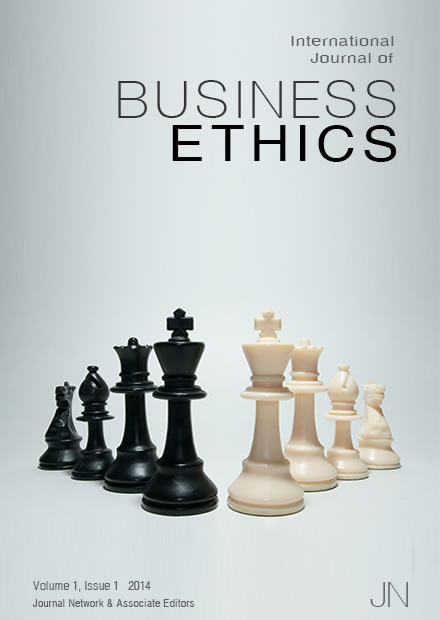Just Relations and Company–Community Conflict in Mining
This research engages with the problem of company-community conflict in mining. The inequitable distributions of risks, impacts, and benefits are key drivers of resource conflicts and are likely to remain at the forefront of mining-related research and advocacy. Procedural and interactional forms of justice therefore lie at the very heart of some of the real and ongoing challenges in mining, including: intractable local-level conflict; emerging global norms and performance standards; and ever-increasing expectations for the industry to translate high-level corporate social responsibility policy into on-the-ground practice. This research focuses on the "process" aspects of resource conflicts through an examination of existing grievance-handling procedures at six mining operations where company-community conflict was present. In their current form, and on their own, the six mechanisms were found to be insufficient in their capacity to advance justice. The authors argue that if the overall objective of global norms is that companies construct and perform grievance handling in ways that strongly preference just practices, then "mechanisms-in-practice" must be better understood and constructively critiqued along all justice dimensions.
Language: English
Publisher: Journal of Business Ethics
Region: Global
Type: Research Paper
CITATION
Kemp, D., Owen, J.R., Gotzmann, N. et al. Just Relations and Company–Community Conflict in Mining. J Bus Ethics 101, 93–109 (2011).

